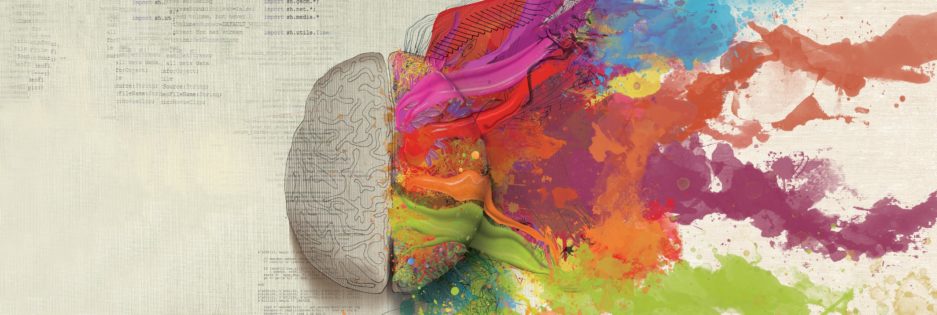In this column, I ask neuroscience professors from around the world five questions related to stress, anxiety and how the COVID-19 pandemic affects us. Read on to learn more about the neuroscience behind your stress and how you can alleviate it.

Interview with James McGaugh, PhD
Professor McGaugh is a Distinguished Professor Emeritus at the University of California, Irvine. He was the founding Chair of the Department of Neurobiology and Behavior and the Founding Director of the Center for the Neurobiology of Learning and Memory. He also served as Dean of the School of Biological Sciences and as Executive Vice Chancellor of the university.
He received his PhD. Degree from the University of California, Berkeley and did postdoctoral research with Professor Daniel Bovet at the Istituto Superiore di Sanita in Rome. He is recognized internationally for his pioneering research investigating neurobiological systems that regulate the consolidation of memory.
He is a member of the U.S. National Academy of Science as well as the Mexican and Brazilian Academies and has received a Laurea Honoris Causa, from the University of L’Aquila. His record of publications includes over 550 research articles, reviews and books.
1. What are the main topics and goals of your research?
To understand the collaboration of hormonal and brain systems that regulate memory consolidation.
My research has investigated the neurobiological systems that regulate the consolidation of newly acquired memories. The stress hormones adrenalin and cortisol are part of this system. Thus, my research on stress effects is limited to this set of problems.
2. How do specifically teenagers’ brains react to a stressful situation like this pandemic?
The brains will make strong, lasting memories.
3. What can a person do to alleviate this stress and anxiety with this knowledge of the neurological causes?
Not much except to recognize that the memories will be strong and long lasting.
4. What is the neuroscience behind the rise of anxiety and grief in teenagers during quarantine?
This is a very complex set of issues. But mainly it is due to lack of knowledge of possible outcomes and the endogenous systems (including stress hormones) that are activated.
5. How does society contribute to additional stress and confusion with so much information going around?
We are currently bombarded by much conflicting information about the extent of the coronavirus problem and its long-term consequences.
Bonus question: What is your advice to a teenager who wants to learn more about neuroscience?
Prepare to study neurobiology and behavioral sciences and, ultimately, seek a Ph.D. in neuroscience.
